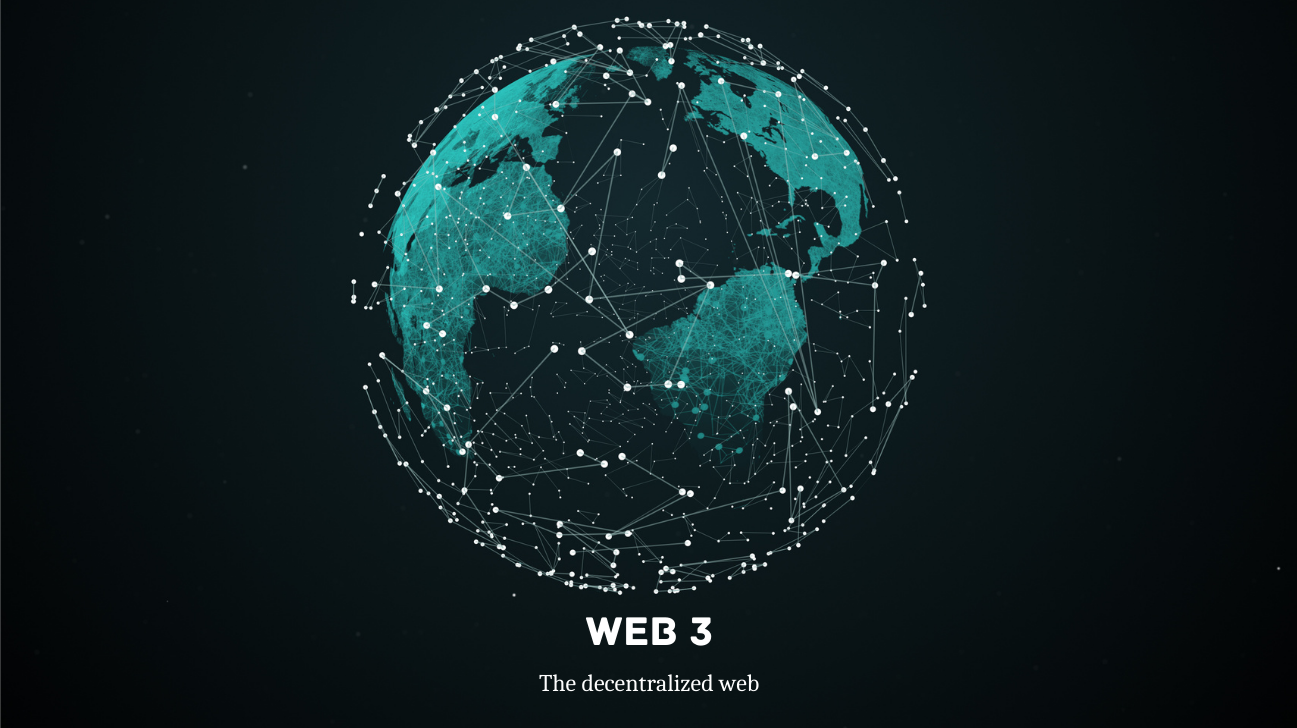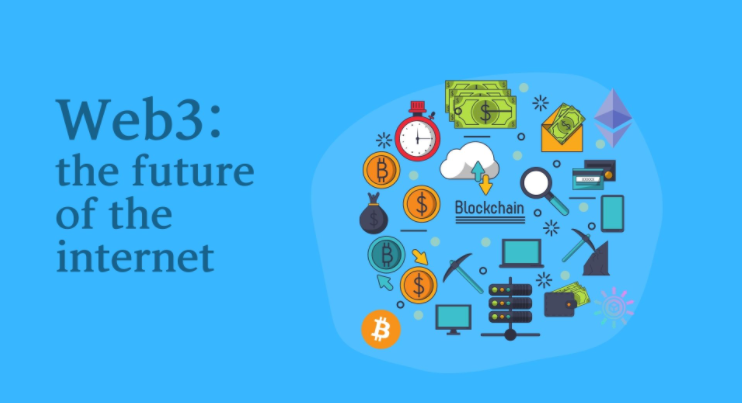As new technologies become commonplace in our daily lives, the internet is evolving in its capabilities and reaching an era known as Web 3.0. This latest iteration of the internet promises to revolutionize how we transact, interact and store data online by introducing a more secure, decentralized system that allows users to remain in control of their own identities and digital assets. At the forefront of this revolution are Web3 builders: developers who are creating tools and services that make it easier for people to access, navigate and use blockchain technology. Here, we take a look at the potential of these powerful token generators and explore what they offer for those ready to join us on this journey into tomorrow’s web.
Web3 is essentially a set of protocols that can be used to build applications on top of blockchains. The idea behind Web3 is decentralization – removing reliance on centralized entities such as governments or large corporations for web-based activities such as communications, storage, payments etc., instead relying on peer-to-peer networks powered by blockchain technology. As part of this shift towards decentralization, the concept of identity moves from something stored in a central repository (as with traditional websites) to something distributed across multiple nodes (aka users).

Token Generator: Opening Up New Markets With Smart Contracts
At the heart of many Web3 projects is a token generator – a tool that enables you to create your own unique tokens which then operate within smart contracts. Tokens can represent anything from money or goods through to voting rights or even just loyalty points; they allow developers to open up new markets without having to go through third parties like banks or payment providers. This means that individuals can exchange value without needing permission from anyone else – providing greater autonomy and ownership over our data while also cutting out middlemen fees associated with traditional transactions.
Advantages Offered By Token Generators
Token generators offer some major advantages over other development methods, such as Ethereum’s Solidity programming language. For one, they are much easier for non-developers to use – meaning that anyone with basic programming skills can now create their own tokens using intuitive drag-and-drop interfaces provided by popular builder platforms such as TokenGen or OpenZeppelin’s Token Factory. In addition, token generation tools typically require less code than Solidity – meaning faster deployment times and fewer bugs when deployed on live networks. All of this, combined with the increased security provided by the stricter auditing procedures of these specialised tools, results in robust applications that are perfect for real-world deployments.
Building trust through verification services
In order for end users (such as consumers) to feel comfortable interacting with decentralised applications based on Web3 protocols, trust must be established between them and the developer(s). One way to build this trust is through verification services such as Certik’s Blockchain Assurance Platform, which provides independent audits that verify codebase compliance with best practices before going live on public networks, where any errors would be costly and irreversible. Such services will help provide peace of mind when dealing with unfamiliar code written by unknown authors, providing an extra layer of assurance beyond the normal manual testing procedures already in place in most development teams today.
Adoption and usability are key to widespread success
For widespread adoption by the general public, usability must be considered at the design stage. Despite all the technical advances, if the user experience remains poor, it is likely to limit mass appeal. Fortunately, there are several initiatives currently underway specifically aimed at addressing the current UX bottlenecks plaguing the dApp ecosystem, including Status Network’s Embark framework, which simplifies dApp development across devices, and Streamr’s DevNet project, which makes building blockchain-based products faster and easier than ever before.

Bottom line
As more developers get involved in building the next generation of web protocols, we will soon see larger projects come to fruition, offering exciting opportunities to both existing crypto communities and society at large. With new standards being set in terms of security and usability, together we have significant potential to unlock vast possibilities not previously thought possible using traditional centralised systems alone.
